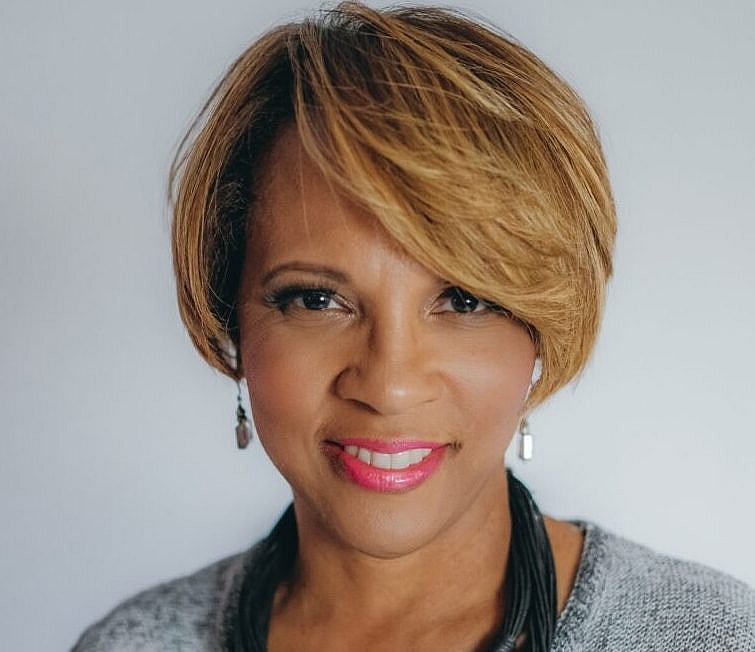The 2020 U.S. Census tells a powerful and yet troubling story for the future of America that is yet to come. In the first instance, the Census confirms what we already knew: America is changing demographically and browning with Latinos and other racial minorities leading the way.
This also confirms why we see so much fear, angst, hostility and racial animus among whites in the south and midwest (red states) who fear they are being replaced by “illegal immigrants” and racial minorities, as well as their “heritage” in the form of Civil War Monuments and the like that have been removed from many southern cities.
The numbers do not lie: Latinos and Hispanics make up over 18% of the U.S. Population now, making them the largest racial minority surpassing African Americans who had been America’s largest racial minority since the first census in America in the 1790s through the 1990s. Only then, in the early U.S. Census counts, Blacks were enslaved persons, yet still counted for political and taxation purposes. Therein lies the challenge with the results of this new Census.
Many civil rights groups and other groups that champion racial diversity and equity fear that due to the 2020 Census being conducted largely by mail during a global pandemic, and with other complications (the US Postal Service delays), that racial groups may be grossly undercounted. That’s a problem.
We all know that Census data is used in America to determine rights and access to the ballot, to government funds, and to other important government services. That is why groups like Racial Equity Anchor Collaborative and their member organizations took great pains in 2019 and 2020 to encourage all Americans to stand up and be counted.
However, as noted above, there were issues with underfunding of the Census leading up to Census day, and then there was the racial animus of the Trump administration toward citizens of color, that led to the unfortunate politicization of the Census during the 2020 presidential campaign.

According to Clarissa Martinez DeCastro, president of UnidosUS, which is the nation’s largest Latino civil rights organization, “going into this Census, we knew that there are certain populations that had been historically undercounted. Add to that a pandemic and unprecedented efforts to sabotage the count by the previous administration, and you can understand why many statisticians and many groups are saying that closer analysis is warranted to determine whether or not an undercount has occurred, and at what level and where.”
DeCastro’s point is well taken, but it remains to be seen whether or not President Biden will direct the Department of Justice or other federal agencies to consider a recount, or some other remedy to make sure that the count we have in 2021 is accurate or not.
One of the things we are not talking about for better context of the results we saw for the Census is the fact that although it is true that rural populations declined and urban populations increased, and that white populations shrank while racial-ethnic groups grew, the way the Census asked questions of “whites” is key.
There were controversial changes made to the 2020 Census questionnaire which explains a lot of the shift in the racial numbers — and the number of white Americans didn’t actually shrink if you include those who said they were “white plus one or more other races.” For example, my nieces are of mixed race — Black and white — and they do not consider themselves just Black, as did my grandmother who was known culturally as mulatto. This is a huge shift in attitudes of racial identity from millennials, or Gen Y — and one that was not fully taken into account.
In short, on matters of race, the Census Bureau didn’t so much as change the questions it asked for the 2020 Census as much as it changed how people were instructed to answer. Here’s the relevant section from the 2020 Census questionnaire.

For us as Black citizens, however, we have cause for alarm. Our number in the 2000 Census was at just over 12.94%, which was an increase from the 1990 Census of 12.0 percent. In the 2020 Census, Blacks came in at 12.4%, down from the 2000 Census. Like our white counterparts, we are an ethnic group that is declining. Again, however, as noted, the way the racial question is asked in the new Census has likely skewed results due to multi-racial persons and how they chose to identify.
The way we are counted as African Americans matters a lot and will have a great impact on how congressional and voting districts are shaped. If the Census count has in fact undercounted racial minorities, that will impact our access to be able to vote but also run successfully for office in heavily gerrymandered districts.
It matters for us as Black people to also look at why we are not marrying, not having as many children and creating sustainable generational wealth for our families. That is a complex and complicated question that could be dissected and analyzed in articles and books to come. But, it is a question we must ask and answer if we are to remain politically and economically relevant well into the next several decades of the 21st century as Hispanics and other racial minorities will continue to grow and gain more power.

Sophia A. Nelson is a contributing editor for theGrio. Nelson is a TV commentator and is the author of “The Woman Code: Powerful Keys to Unlock,” “Black Women Redefined.”
Have you subscribed to theGrio’s “Dear Culture” podcast? Download our newest episodes now!
TheGrio is now on Apple TV, Amazon Fire and Roku. Download theGrio.com today!


